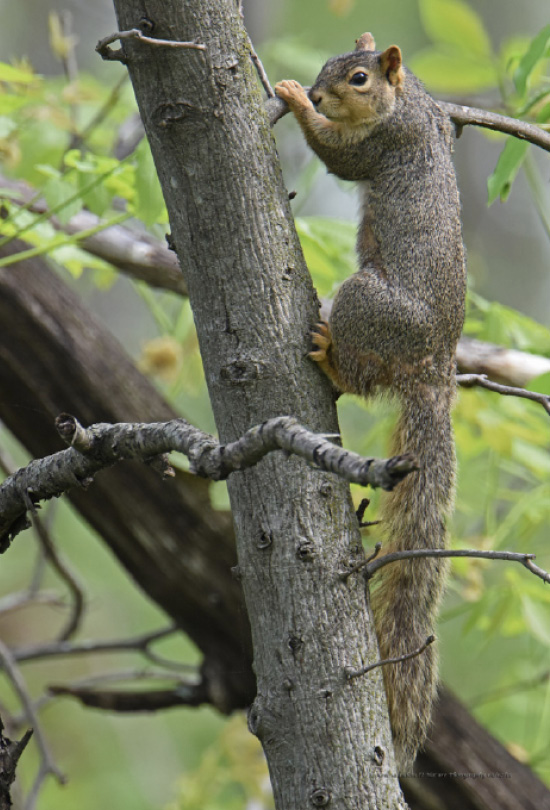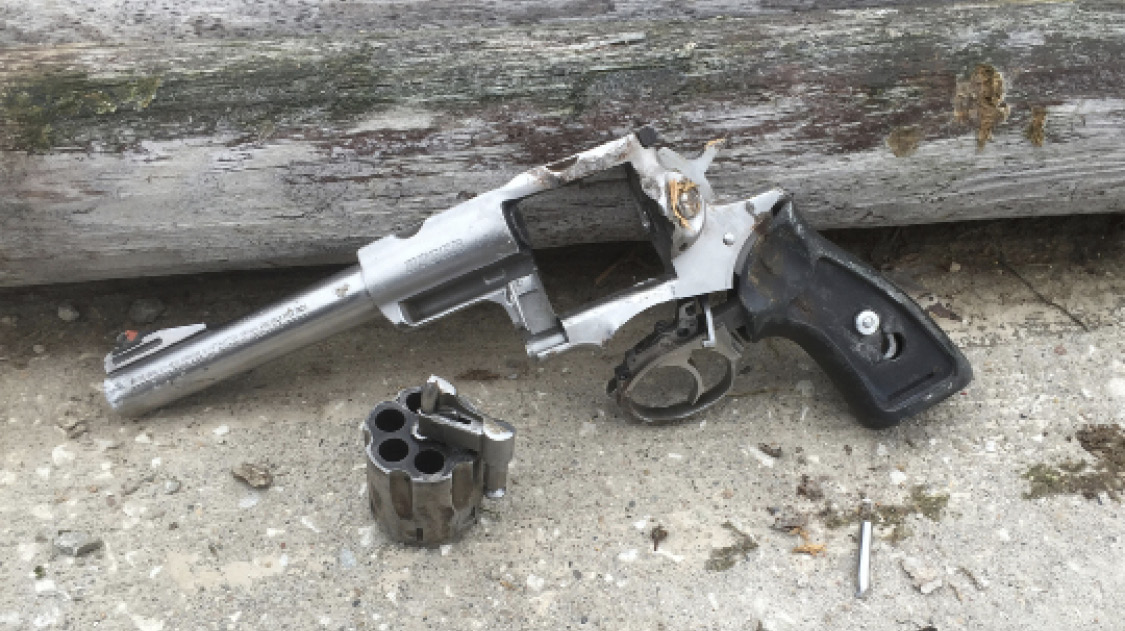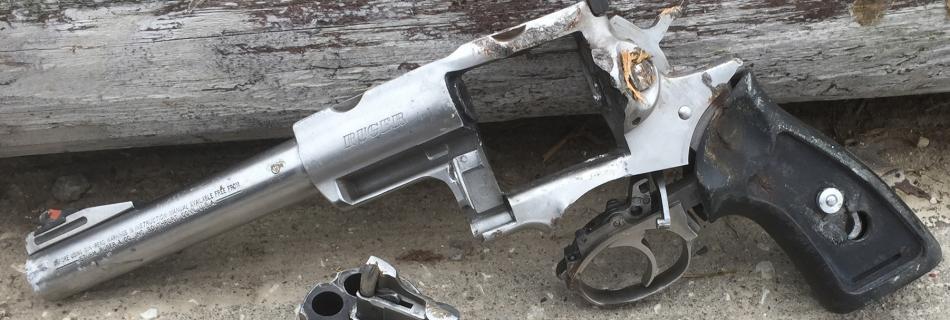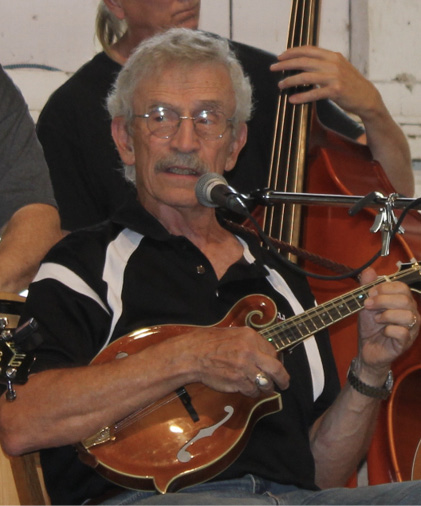It was nine o’clock, breakup time for Wade MacPherson’s Wednesday breakfast group at the South of the Tracks Cafe, an unlikely mixture of two of his retired faculty colleagues, two hunting buddies, and another guy who had sat down with them a couple of years ago and joined them almost every Wednesday since. Conversation was always spirited, laced with arguments over inconsequential matters. But on this morning they had come as close to angry disagreement as he could remember. The topic was hard to avoid, CNN blaring out of the TV above the counter saw to that. Another shooter marching into another school firing ARs and automatic handguns, killing as many as he could before he is shot or shoots himself. “If more people in that room had been carrying guns he wouldn’t have killed so many people.” “No…dammit no. If one person had had no guns, no one would have died.” And so it had gone. Wade was troubled as he left the diner, started his Jeep, and headed east toward the gravel road that would take him home.
Four hundred yards from his driveway he slowed his Jeep to crawl, then a stop as he looked out the dusty right window. He took off his Pheasants Forever baseball cap, scratched his head, and ran his hand over his two-day’s growth of stubble. He guessed the doe on the side of the road had been killed around dawn, he hadn’t seen it when he drove into town—likely hit by someone late to work and going too fast on the gravel. There were shattered pieces of a headlight and barely visible skid marks. At least the driver had tried to stop. He figured the deer had come out of the small timber on the south side of his little farm, or at least he called it his farm, but the only thing he really farmed on his hundred plus acres was pheasants, deer, turkeys, and prairie grass. He opened the door and got out, walked over to the deer, and ran his hand down her side. Not a lot of damage except for two broken hind legs. She was still warm, not yet stiff. He spent a long minute looking at her delicate head, beautiful long lashed eyes, tongue out with a thin trickle of blood from the side of her mouth, forming a small pool on the dry road side. He reached down and smoothed her eyes closed. He knew that legally he wasn’t supposed to move the deer, but it was going to be warm and clear, and contacting the DNR would probably take half the day and the meat would begin to spoil. She wasn’t a large animal, not very heavy, so he didn’t have much trouble, even at his age, dragging her across the road. A little tougher to get her through the ditch and under the fence, but within five minutes he had her in the small clearing, carpeted with maple and walnut leaves, in the center of his timber. He took out and opened his lock back folder he had sharpened two days earlier, checking its edge with his thumb just to make sure he had done a good job.
He straightened the doe, moving the legs, front forward and rear back, and made a long incision from back to front about five inches from the center of her belly, careful to cut skin only and not pierce the abdominal wall. Slowly he cut and peeled the skin back and over until he reached the ridge of her backbone so that the skin, hair side down, almost seemed like a picnic cloth as he detached it. He skinned the hindquarter and shoulder, throwing the skin into the bushes at the clearing’s edge, satisfied that he had taken everything off he needed to, leaving the meat clean and exposed. He ran the blade of his knife the length of the deer’s spine, cutting from the base of her neck to the point where the ribs ended and, after making a parallel cut along its lower edge, peeled the two-foot long loin out with his fingers and laid it on his “picnic cloth.” The rump roast, which he was able to remove almost perfectly as one piece of muscle, looked like an undersized football. The shoulder came off with its bone intact, and he removed the rest of the meat from the exposed side in random pieces to be ground later or cut up for stew, sausage, or jerky.
Wade stood up and stretched, trying to work any kinks out of his back and neck, then sat on a fallen tree to admire his work. He liked the process of making these animals into food, liked the knowledge that nothing was being wasted, liked to think that getting his food this way was good for him and, he thought, good for, or at least did no harm to the planet. He couldn’t remember the last time he had bought meat at a grocery store.
He thought back on his hunt the previous week. It had been early in the season, only his third time out. He usually didn’t kill his buck that early, but what a lovely hunt it had been. There was a light drizzle, just a heavy fog really, but the ground was wet and there was enough early morning light to allow him to get into his stand with no noise at all. He saw no deer for the first hour, but there were nuthatches, chickadees, woodpeckers, and squirrels. At seven thirty a small parade of six adolescent raccoons ambled by in a perfectly straight line, fading into the mist toward some destination known only to them.
Around eight-ten he saw the first deer, a small fork horn that looked a bit worse for the wear, as if he had already been in a couple of scuffles with bucks he should have scrupulously avoided. Almost immediately a second buck, much bigger, with antler points going in all directions like some kind of overfed thorn bush, appeared and went for the little interloper, intent on chasing him out of his territory. Wade made a grunting sound, almost as if he was clearing his throat, and stopped the bigger deer, but only for the briefest moment, before it disappeared after the yearling. He took his rattling antlers off the limb where they had been hanging since the beginning of the season, gave them a couple of light ticks, waited a couple of beats, then really whanged them together two or three times making a sound not unlike a minor car crash. Almost immediately bushy head came crashing out of the trees like a rodeo bull exploding from a bucking chute, stopped ten feet from his stand dead down wind, smelled him, saw him, and was off, flag waving, into the timber the same way he came in. Wade chuckled. “Busted.”
What the hell, he thought, Maybe I’ll just make some more noise to see if there is another one crazy enough to come looking. And another one did, a nice buck, hair raised on his back, nostrils flared, right down the trail that would take him in front of the stand. Wade had always been attracted to the Native American idea that animals gave themselves to good and ethical hunters and that when that happened, when that chance came, and it might be rare, the hunter should take the gift. That is exactly what the deer did, crossing fifteen yards in front of his stand and stopping perfectly broadside on his grunt. Wade put the sight pins of his crossbow (he had hunted with a crossbow for the past three years, being unable to draw a bow with enough weight to be sure of a good clean kill) on the spot that would send the arrow through both heart and lungs, and pulled the trigger. The buck barely flinching, trotted fifty yards up the slope, stopped, looked around, and collapsed. Before he could climb down from his stand there was more noise and crashing of limbs and another buck, the biggest Wade had ever seen, charged in front of his stand looking for a brawl. Thrilled at just being able to see the monster, he stopped him with another grunt and then watched him wander down the trail and out of sight. Wade laughed out loud. Thirty years earlier, maybe even twenty years, he would have been devastated at having missed a chance at this huge deer, but now he felt he had been allowed a second, perhaps even more valuable gift just being able to see the animal.

Photo courtesy of Ken Saunders II
Now, Wade got up, stretched again, and rolled the doe on to her other side. When he had repeated what he had done on the first side he walked back to his Jeep, got a tarp and some rope. He wrapped the meat, dragged the carcass into the brush at the edge of the clearing where an eagle might see it and the coyotes could smell it, and drove to his house.
It was still hard to walk through the kitchen door—had been for the six, no almost seven years now, that he had been mostly alone. Not superficially alone. He saw people, had lunches, fishing buddies, the breakfast guys. Old students, some of whom he had taught to hunt, would come by from time to time and they would talk for half a day, he asking the questions now, payment for any shreds of knowledge he might have given them at some gone by time. But he was profoundly alone.
Maybe he was getting better at it. He thought so. She had died the way she had always said she’d wanted to, quick, with no pain—at least no pain she had let him see. But she had died too soon, oh Lord she had died too soon. “Got our meat for the winter.” He still talked to her in the kitchen. He almost told her how he had gotten the meat, knew she’d have been interested, maybe proud, but by then he had made it to the basement.
He laid the meat out on his cleaning counter, cut the loins into steaks, cut up the scraps for stew, wrapped it all in small packages, labeled it and put it into the freezer, thankful that he had the time to do it right. Some of it would go to friends who didn’t hunt and wouldn’t dream of butchering a road-kill deer. He would keep that part of it a secret.
Back in the kitchen he poured a cup of cold left over coffee, dumped in some milk, heated it in the microwave, sat down with a couple of big chocolate chip cookies he had bought at the fall farmer’s market. Nice greasy ones with lots of chocolate. He smiled at his notion that at his age unhealthy food didn’t have enough time to work its ill effects on him. Those cookies had missed their chance.
Thoughts returned that he had tried to avoid since leaving the Diner: Roseburg, Oregon. Umpqua Community College. English classroom, writing class. October first. A student, in a writing class, with five handguns walked into a classroom and shot nine people then shot himself in the head before he could tell anyone why. A teacher, dead, could have been Wade’s colleague. Eight students, these were the kids just like the ones that used to call him “Professor MacPherson.” Dead. Five handguns.
Other places going through his head: Charleston, Isla Vista, Fort Hood, Newtown, Blacksburg, Phoenix, Aurora, Columbine, how many more? What had these places, these people, done to bring the terror down? What the hell did they have in common? What kind of pact had somebody made with Mephistopheles to send some zombie with screwed up chemicals in his brain or some idiot zealot thinking he had a direct connection with his god, walking into classrooms and shopping malls and movie theatres with guns blazing, cutting down whoever happened to be in his way. Five handguns. Five handguns.
Wade MacPherson loved guns. He had loved guns ever since he was six years old and he shot his grandpa’s sixteen gauge Ithaca double for the first time. He had cried from the kick and had to endure kidding about that shot ever since. “Bang—waaaaa” from his uncle, or any one else in his family, whenever hunting or shooting entered a conversation. It was that uncle who had taken him into the woods with a Colt Woodsman twenty-two. They shot tin cans off fence posts and puffballs to watch them smoke. They would go to the dump and shoot rats (or rather shoot at rats, since he couldn’t remember hitting a single one), watching them dive for cover in the garbage. He remembered his first squirrel, his first rabbit, and much later his first quail. “You kill it, you eat it,” his uncle would say. And his mother, “if you clean it I’ll cook it.”
He had inherited guns, bought guns, traded guns, shot them at targets, game, and more tin cans off fence posts than could ever be counted. He liked the smell of gun smoke, of gun oil, of Hoppes’ Number 9 solvent. He liked the musical note of spent shells ejecting from a bolt action, the ka-chunk of a pump chambering a round, the four clicks of a hammer being cocked on a single action army. He liked the delicate engraving on a fine shotgun, the smooth machined perfection of a good automatic, the intricately figured grain in a walnut butt stock. He liked the solid weight of a rifle and the way a revolver fit his hand and bucked when he fired it. He liked knowing that a good gun would last many lifetimes, would retain, even gain value, would not need to be replaced in a year, or a month, by a newer model. He knew the mantra well, “Guns don’t kill people—people kill people.” He had heard it that very morning.
Wade walked back down the stairs and to his safe and turned the dial: thirty-two left, twenty-eight right, forty-seven left, fifty-six right, and swung the heavy door open. On the top shelf were his handguns—five handguns. Five handguns. He thought of the joke called a training class he had taken to get a legal carry permit so he could take a pistol hunting or to the target range without having to lock it in the back of his vehicle. “There are three kinds of people in this country,” the instructor had said, “the sheep, the wolves, and the sheep dogs who protect the sheep from the wolves. We are the sheep dogs.”
Crap. He took each pistol out, held it, and pulled the trigger on an empty chamber, then put them all back except for a Ruger Red Hawk forty-four magnum revolver and a Kimber forty-five automatic. He had owned the revolver for years, carried it as “bear protection” for his annual solo camping trips into the Rockies, even though he knew that an aerosol can of pepper spray was a surer and safer way to keep a bear from punching you around or having you for lunch. Still, its weight felt reassuring. It felt good to have it lying beside his sleeping bag. And it was a hell of a hunting handgun. The Kimber—he wasn’t sure why he had it. He’d traded for it at a gun show. Thought he’d gotten a deal. It was a beautiful gun, brushed stainless steel with checkered walnut handles. Maybe that was the reason. But it had no range. It was only good for very close up shooting. At what? Most likely a person—a very close person. He held the two guns for a long moment. “Two out of five,” he thought. “That’s a start.”
He dug out all of his forty-four and forty-five ammunition and put it in a small range bag, then put the pistols in. He walked over to his work bench, put a small anvil in the bag, and zipped it up. He knew what he was going to do but he was moving almost as if compelled by something other than his own volition. He got in the Jeep, put the bag in the seat beside him, drove a half-mile down the gravel road, turned into a small grove of cottonwoods, and shut off the ignition. He had left a sledge hammer by the gate while doing some fence work earlier in the week. He grabbed it and his range bag and walked along a path mowed through prairie grass, plum thickets, and young oaks, stopping to watch a rooster pheasant and two hens flush as he came over a low rise. In five minutes he was facing a dirt road that bisected his property, a shallow ditch on one side and a steep bank covered with gone to seed cone flowers and blazing star on the other. Scattered all over were obsolete TV sets, a vacuum cleaner, a kitchen chair and half a table, and black garbage bags full of trash. Some slobs had thrown it there the week before. He had intended to take it all to the dump but now it had one final use. He lined the TVs on the bank, stood the vacuum cleaner up, and put a clip in the automatic.
Wade’s first shot kicked up dirt about a foot away from the first TV. He was closer on the second and the third was dead center on the screen. He marveled at the small size of the hole it made, but didn’t all the detective novels say “small hole in front and the one in the back is big enough to put your fist in without getting blood on your fingers.” The next shots were better but the Kimber was anything but deadly accurate in his hands. He put in a second clip and emptied it as fast as he could. Blam, blam, blam. He began to chuckle. After reloading the clips he turned his back to the junk. It was attacking him from behind, he had to protect himself. That’s what these guns are for isn’t it? To protect ourselves and our families and our country against… junk television sets. He whirled and emptied two clips into the next TV and this time he laughed as the screen exploded. The only thing that could have made this more fun would have been to have dumb commercials playing on the sets. Two more forty-five rounds left. “Ah, ha, the vacuum cleaner. It’s coming after my old Granny. I’m a sheep dog. Got to protect her.” Blam, blam. Slowly the old Hoover toppled and rolled down the bank. He was so overcome with laughter he had to sit down. Wade MacPherson was keeping his country safe.
With the Ruger he was more deliberate. He was a good shot with it and the gun was accurate. By the time he had finished shooting the forty-four ammo his hand was sore and he was tired of holding the heavy pistol up. The appliances were demolished—it was going to take a shovel to get all the junk collected to haul away.
Wade stood with both guns in his hands. He pulled back the hammers and clicked them, smelled the barrels, ran his fingers along the smoothness of the warm steel, felt their weight. He laid the Kimber on the anvil. Three direct hits with the sledge and it was a twisted mess: the barrel and hammer broken off, the clip bent and stuck, and the wood on the handles shattered. The Ruger was a different matter. The trigger guard came off first, then the hammer became inoperable. The cylinder popped out after about ten hits and it took him another fifteen minutes to seriously bend the barrel, but then it was done.
Wade blinked and wiped his eyes. He picked up the pieces of his guns and walked down the trail to the small pond surrounded by river birch and sycamores.
One by one he threw the pieces as far as he could toward the middle. The last thing to go was the hammerless, triggerless, cylinderless frame of the Super Redhawk, the bent-but-still-not-broken barrel turning round and round in the air like some clunky helicopter crashing into the cold water. Wade watched the widening rings of the splash until they came to the bank at his feet in tiny waves. 

Photo courtesy of Sandy Moffett


